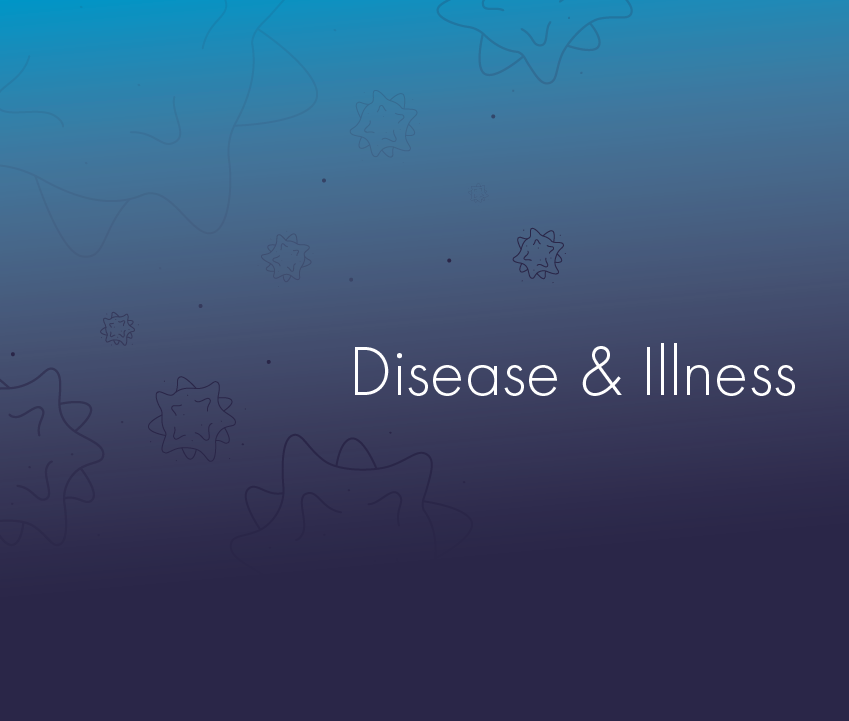Algoma Public Health
Human Papillomavirus (HPV)
What is Human Papillomavirus?
HPV is a very contagious virus spread by skin-to-skin contact in the genital area. Both men and women can be infected with HPV. About 75% of sexually active Canadians will have at least one HPV infection in their lifetime. Most HPV infections occur in people between the ages of 15 and 24.
There are many different types of HPV. Many are low risk and will pass on their own, with no known lasting effects. However, some types can cause complications such as genital warts or different types of cancer.
Contact Us!
Sault Ste. Marie: 1-866-892-0172
Blind River: 1-888-356-2551
Elliot Lake: 1-888-211-6749
Wawa: 1-888-211-8074
HPV-9 vaccine protects against nine types of HPV infections. These include types 6, 11, 16, 18, 31, 33, 45, 52 and 58. These are the types of HPV that most often cause cervical, vulvar, vaginal, anal, penile and oral cancer, as well as genital warts.
Who Should Get the HPV-9 Vaccine, and When Should the Vaccine be Given?
HPV vaccine is recommended for people over the age of 9. It provides the best protection if given before becoming sexually active, although sexually active people will still get good protection from the vaccine.
This vaccine is offered in schools to all grade 7 students. A two dose schedule is recommended for immunocompetent girls and boys who receive their first dose before turning 15. The two doses should be administered at least 6 months apart.
Teens and adults who start the series at 15 years of age or older, or anyone who is immunocompromised, will need three doses of vaccine, given over a period of 6 months (at 0, 1, and 5 months).
How Well Does This Vaccine Work?
More than 99% of individuals who receive all doses develop excellent protection from the types of HPV the vaccine protects against. Boosters are not required after all recommended doses are received.
What Are the Possible Side Effects?
You should always discuss the benefits and risks of any vaccine with your doctor or health care professional. The most common reactions are redness, tenderness and swelling where the injection was given. Fever, tiredness, muscle pain, nausea, dizziness, and headache can also occur.
Severe allergic reactions such as hives, wheezing, trouble breathing, or swelling of the face and mouth are very rare. Call 911 or go to a hospital emergency room if you experience any of those side effects, and report them to your doctor or local public health unit.
Who Should Not Get This Vaccine?
You may not be able to receive the vaccine if you:
- have a moderate or severe acute illness
- have had a past severe allergic reaction (anaphylaxis) to this vaccine, or any component in it
Who Should I Talk to if I Have Any Questions?
Contact your healthcare provider. You can also phone the Algoma Public Health Immunization Program at (705) 759-5409, or your local public health office.
Your Vaccine Record
Your personal vaccine record should be updated after each immunization you receive. It is the responsibility of parents/guardians to provide immunization records for their school age children to their local public health unit. Immunization Connect Ontario (ICON) is a secure system to view and report immunization information to Algoma Public Health.
Last Modified: October, 2023










